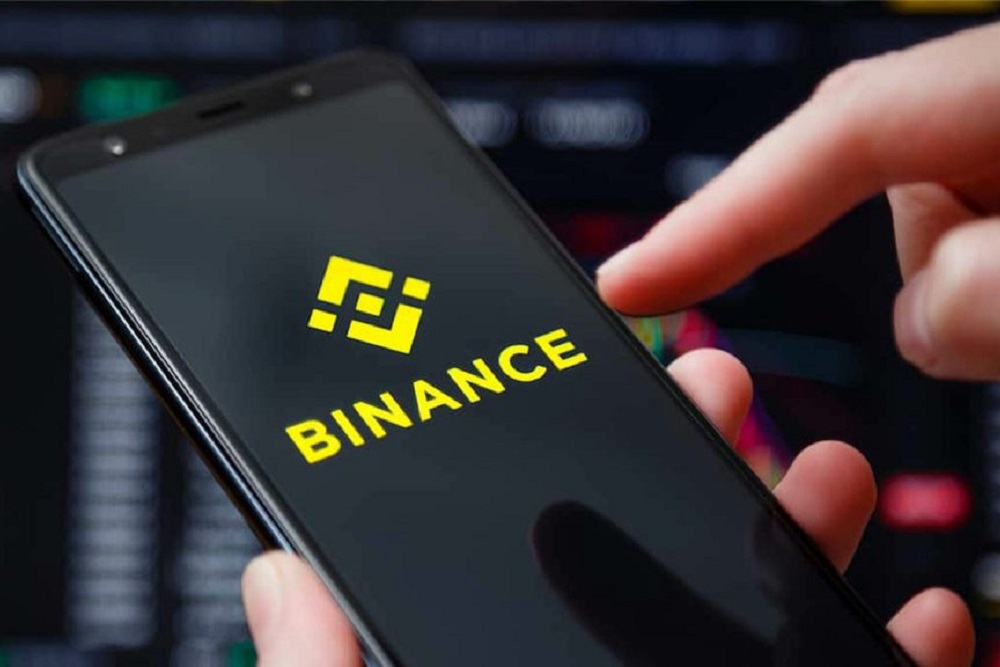Prominent cryptocurrency exchange Binance announced that its Dubai subsidiary, Binance FZE, has become the first exchange in the world to receive the Operational Minimum Viable Product (MVP) license from Dubai’s Virtual Asset Regulatory Authority (VARA).
Binance Secures MVP License in Dubai
With the operational MVP license, Binance will now be able to offer exchange and broker-dealer services — initially to institutional and qualified retail investors in the city.
The latest issuance comes in the wake of VARA granting the crypto exchange a provisional MVP license in March 2022 and a preparatory MVP license in September 2022.
The successful progression from the provisional to an operational MVP license means “qualified users” in Dubai can now access authorized services, including the ability to “safely convert virtual assets to fiat under VARA-designated standards compliant with the intergovernmental Financial Action Task Force.”
“Operating within this regulated ecosystem, we are committed to ensuring secure and seamless customer migration, with robust Know-Your-Customer and Customer-Due-Diligence as part of the rigorous onboarding remediation as stipulated by VARA. Our priority is to be able to operate this first fully regulated exchange in, and from Dubai, in a FATF-compliant ecosystem…,” Richard Teng, Head of Regional Markets at Binance, said.
Binance added that the latest license highlights its commitment to building a compliant exchange in partnership with local regulators.
Step 3 of 4
It is worth mentioning that the latest operational license is step three of four for Binance to be fully regulated in Dubai. After completing the last stage of the licensing procedure, the exchange will be awarded a Full Market Product (FMP) license in the emirate.
Meanwhile, the latest development comes as Binance is working to re-enter the Japanese market after actively engaging with regulators in the country. The re-entry follows an exit in 2018 due to regulatory hurdles. However, the exchange continues to face heightened regulatory pressure in other countries, including Germany, Australia, the Netherlands, and the U.S.










